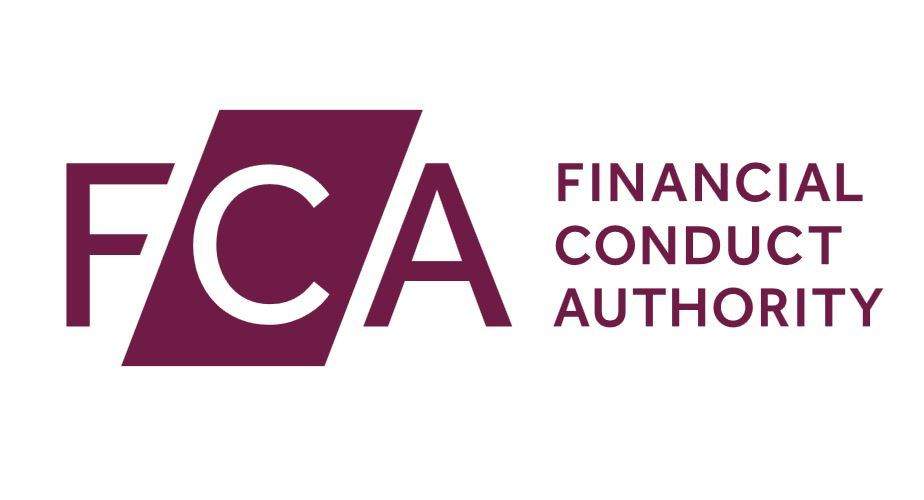
Firm culture and governance which should drive behaviours and produce outcomes likely to benefit consumers and markets was highlighted as a key priority area for the FCA in its business plan for 2018/19.
Overall the regulator gave seven priority areas in total. The other six were:
- High-cost credit, building on the significant impact already made in the market.
- Tackling financial crime, including fraud, scams and anti-money laundering to make the UK financial services sector a hostile place for criminals and a safe place for consumers.
- Data security, resilience and outsourcing since technology plays a pivotal role in delivering financial products and services.
- Innovation, big data, technology and competition which are driving change in markets.
- The treatment of existing customers to ensure that they do not get less attention or receive poorer outcomes than new customers.
- Long-term savings, pensions and intergenerational differences which reflects the changing UK population and their financial needs.
It also said it would be dedicating a high level of resource towards dealing with the UK’s withdrawal from the EU.
Andrew Bailey, FCA chief executive, said: “The business plan is an important way in which we are transparent about our priorities for the year. We recognise that this year we need to dedicate a significant amount of resource to withdrawal from the EU. As a result, setting our priorities this year has involved a particularly rigorous level of scrutiny and challenge to focus on areas where we see the greatest potential for harm.”
When it came to the motor finance sector specifically, the regulator mostly reiterated what it said in its recent review update. It noted the FCA was looking to identify whether consumers are being given sufficient, timely and transparent information when taking out motor finance, and will be using a mystery shopping exercise as part of this.
It also said it would be taking further work on responsible lending, particularly the approach taken to assessing creditworthiness and affordability, with a focus on higher credit-risk consumers. The FCA also brought up commission structures, and whether lenders who link commission and interest rate charged have appropriate controls, and if the current regulatory requirements minimise the potential for harm to consumers.
How well do you really know your competitors?
Access the most comprehensive Company Profiles on the market, powered by GlobalData. Save hours of research. Gain competitive edge.

Thank you!
Your download email will arrive shortly
Not ready to buy yet? Download a free sample
We are confident about the unique quality of our Company Profiles. However, we want you to make the most beneficial decision for your business, so we offer a free sample that you can download by submitting the below form
By GlobalDataLooking at consumer credit more generally, the FCA said it would be focussing on making sure consumers are not being sold unaffordable or unsustainable products, the customers in financial difficulty are treated fairly, as well as looking at the sale of potentially unsuitable products and cyber-crime.






